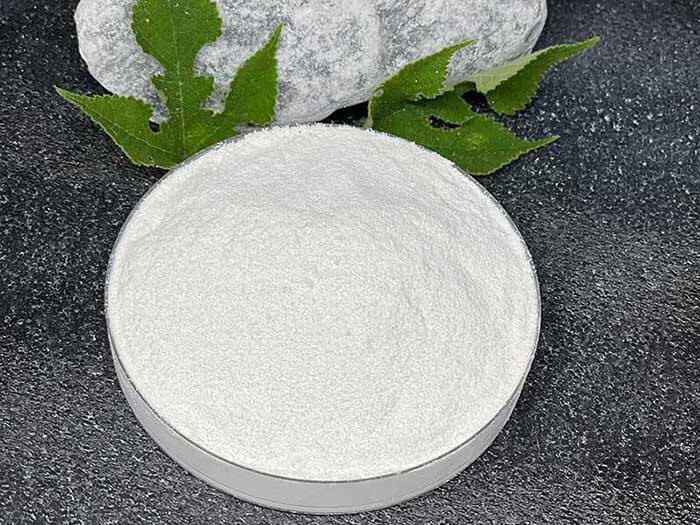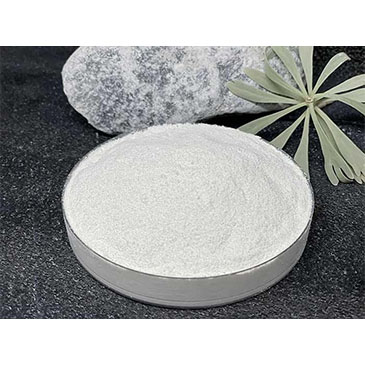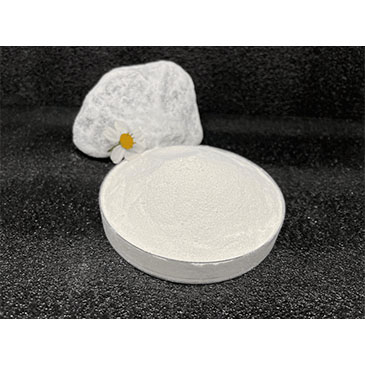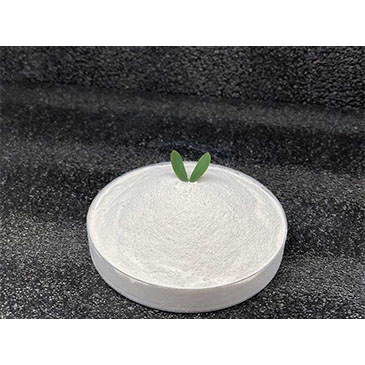Colloidal Calcium Carbonate
Colloidal Calcium Carbonate is made from chemically synthesized light calcium carbonate, which is then surface-treated by attaching compounds such as surfactants or coupling agents to the surface of the calcium carbonate. This treatment enhances its interfacial compatibility, processability, or product functionality (e.g., heat resistance, anti-aging properties) when mixed with polymers such as rubber, plastic, and paint coatings. Among these, nano-scale calcium carbonate, when surface-treated to become nano-colloidal calcium carbonate, offers better improvement in product functionality.
Description
By combining different surface treatment agents with calcium carbonate, colloidal calcium carbonate can be tailored for use in various types of polymers. The most commonly used surface treatment agent is fatty acid, which modifies the surface of calcium carbonate to make it lipophilic, allowing it to be compatible with organic materials. This treatment also reduces the agglomeration of calcium carbonate particles, enhancing its dispersibility.





